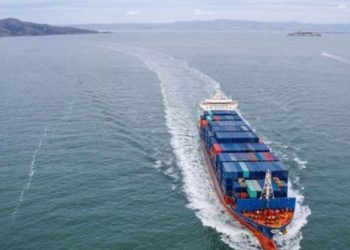This Post Is Recently Updated on Dec 12, 2023 @ 23:44 pm by TBB Desk
In a significant development, Chinese cyber espionage groups, reportedly linked to the People’s Liberation Army (PLA), have successfully infiltrated critical United States infrastructure systems under an operation dubbed ‘Volt Typhoon’, as per a recent investigation by The Washington Post. The report, citing US government and industry officials, reveals that these sophisticated cyber intrusions targeted over two dozen key entities within the past year, spanning across sectors including power, water utilities, and oil and gas pipelines.
Highlighted Incidents and Strategic Implications:
- The campaign notably attempted to breach the Texas power grid, which is uniquely independent from the rest of the US’s electrical systems.
- Among the targeted entities were a Hawaiian water utility, a major West Coast port, and an oil and gas pipeline.
- These actions appear to be part of a concerted effort by China to sow disruption and panic within the United States, potentially impacting critical logistics and societal stability.
The Washington Post’s report emphasizes the strategic significance of these incursions, noting their potential role in pre-positioning China to disrupt or destroy critical US infrastructure in the event of a conflict, particularly concerning the Pacific region and Taiwan. This marks a departure from previous Chinese cyber activities that primarily focused on political and economic espionage.
Methodology and Objectives:
- The hackers employed sophisticated techniques to obfuscate their activities, using common devices like home or office routers as stepping stones to their ultimate targets.
- Their primary goal was the acquisition of employee credentials, allowing for future access to systems as seemingly legitimate users.
- The operation is seen as a strategic move to establish covert access points within US infrastructure for potential future offensive actions.
Special Focus on Hawaii:
- The targeting of Hawaii, home to the Pacific Fleet, is particularly significant. Disruptions here could impede the US Navy’s ability to rapidly respond to situations in the Asia-Pacific, especially concerning Taiwan.
Expert Commentary: Brandon Wales, Executive Director of the Department of Homeland Security’s Cybersecurity and Infrastructure Security Agency (CISA), and Joe McReynolds, a China security studies fellow at the Jamestown Foundation, have provided insights into the operation’s scope and potential objectives.









